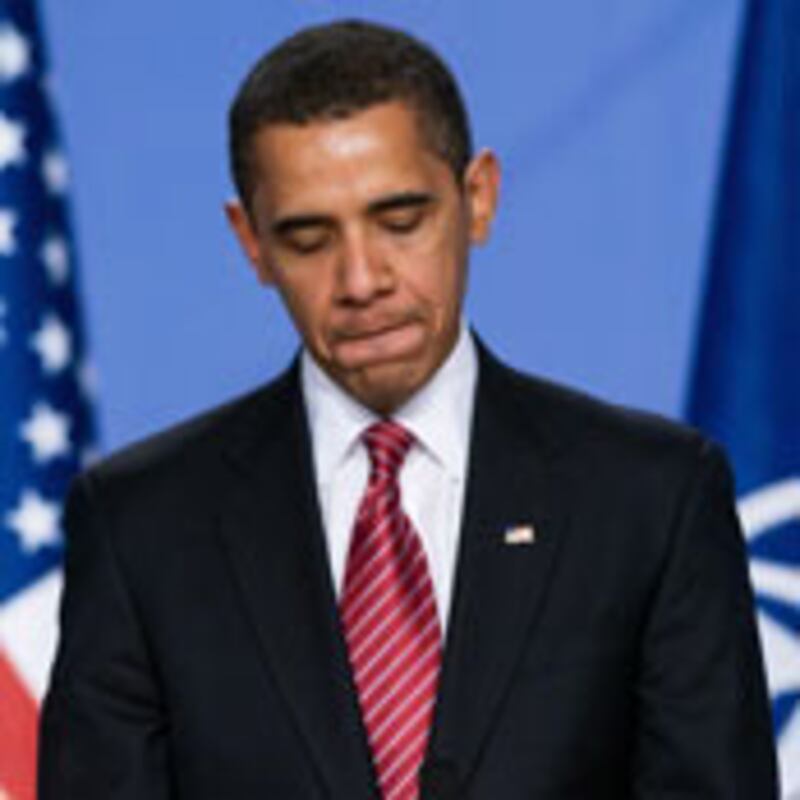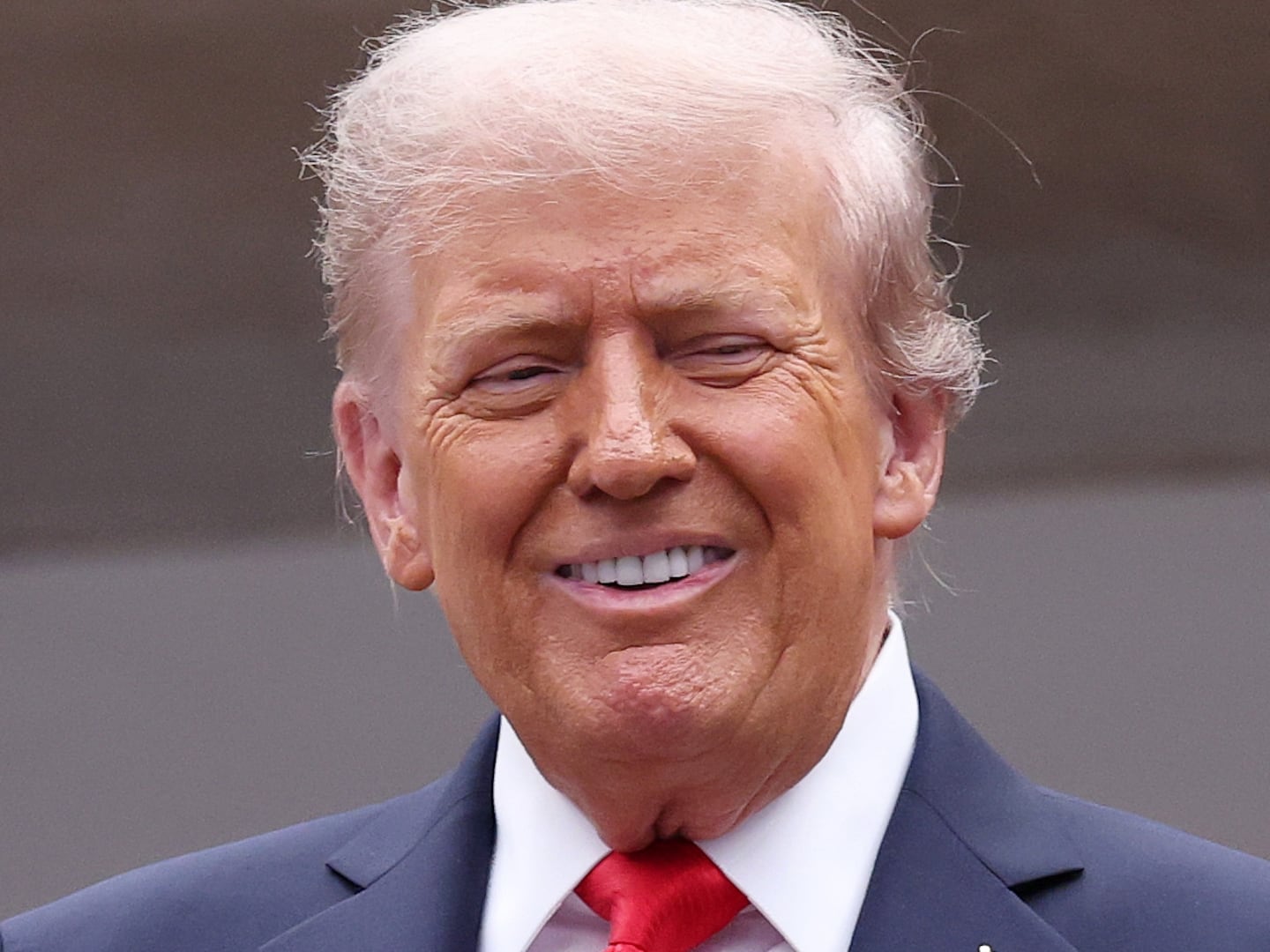
First a G-20 Summit in London. Then a NATO Summit in Strasbourg, France. Finally a U.S.-E.U. Summit in Prague. Let there be no doubt: By the time this triple-header of mega-meetings is over tonight, all of the major participants will come away smiling about something, especially Barack Obama, who entranced Europeans with the charisma that has kept Americans on his side in these dismal times. But real divisions—divisions between the United States and Europe, and divisions within the European Union—cannot be papered over by communiqués, however grand, and bonhomie, however heartfelt.
If real progress doesn’t come over the course of this year, the U.S. and U.K. run the risk that their allies will cool on the mission the way they did in Iraq.
The least momentous of the three summits was the annual U.S.-E.U. summit, this year held in Prague, which holds the rotating presidency of the European Union. This meeting is not a summit in which Obama has a large stake. Even so, it is destined to underscore division. E.U. members have found little to agree about of late, and the deepening global recession has only lessened their desire for Europe-wide, coordinated action. Nation after nation, to the dismay of the Americans and the Brits, has retreated into parochialism to protect their own economies and minimize political risk at home. The atmospherics were not helped by Czech Prime Minister Mirek Topolánek, who said ahead of the London summit that the Anglo-American stimulus plan was a “road to hell.”
At the G-20 in London, Obama and British Prime Minister Gordon Brown got credit for staving off deep dissension, but they were not the real winners. The developing world was. The tripling of International Monetary Fund resources, to $750 million, was a stark recognition of the clout that countries like China, India, and Brazil bring to the table these days. In practical terms, as the Financial Times pointed out in an editorial after the summit, a much-better-armed IMF means that a financial crisis in an Eastern European states need not precipitate another subprime crisis by transmitting losses through cross-border banks.
The fact is that the United States and the United Kingdom did not get the muscular, country-by-country stimulus packages they were seeking (even though they tried to portray the rise in IMF funding as stimulus). For their part, Germany and France got a nod in the direction of new banking regimes designed to increase financial transparency, tame risky investments, eliminate tax and money-laundering havens, and bring bankers’ remuneration down to earth. Still, it will take months, if not years, to see if the G20 communiqué’s words will grow real teeth.
Next stop, Strasbourg. Overrun by past conflicts, the French city is a living symbol, as Obama told Strasbourgers on Friday, of postwar “European unity.” But on the occasion of the NATO summit, as the alliance celebrated its 60th birthday, Strasbourg was a grand stage for mostly unstated but potentially important disagreement over NATO’s military presence in Afghanistan, which is fast becoming “Obama’s war” just 11 weeks into his administration. Obama pulled out all the stops to get Europe to do its part to prove that “this is not an American mission, this is a NATO mission, this is an international mission.”
And yet in reality, the burden in Afghanistan is borne mostly by the U.S. and the U.K.—not only in terms of numbers, but also because their troops are involved in some of the heaviest fighting. The number of U.S. troops in Afghanistan is expected to rise from 38,000 to 68,000 by the end of the year. Britain is the only other country planning new deployments on anything like that scale, raising its numbers from 5,500 to 7,700 by the end of the year. On Saturday, the best gloss White House spokesman Robert Gibbs could put on things was that Germany and Spain would be adding 600 troops apiece, with Italy and France committing fresh forces as well—presumably in lesser numbers.
The Spanish deployment, though welcomed by the Obama administration, is indirect evidence of the sort of cracks that exist in NATO and, more generally, of a trend that sometimes leaves America and its stalwart partner Britain in the lurch. Yes, Spain is boosting its presence in Afghanistan. But Madrid recently announced that it was withdrawing all of its troops from the NATO-led force in Kosovo—an act that, in turn, echoed the Spanish government’s decision in 2004 to withdraw all of its troops from Iraq. Afghanistan is not Iraq, but if real progress doesn’t come over the course of this year, the U.S. and U.K. run the risk that their European allies will cool on the mission there the way they did in Iraq, where the grand coalition crumbled over the years.
Stryker McGuire is an American journalist working in London. McGuire is a contributing editor at Newsweek magazine, where he was a correspondent, bureau chief and editor for 30 years; the founding editor of International Quarterly, and an associate at Lombard Street Research, an economics consultancy.






